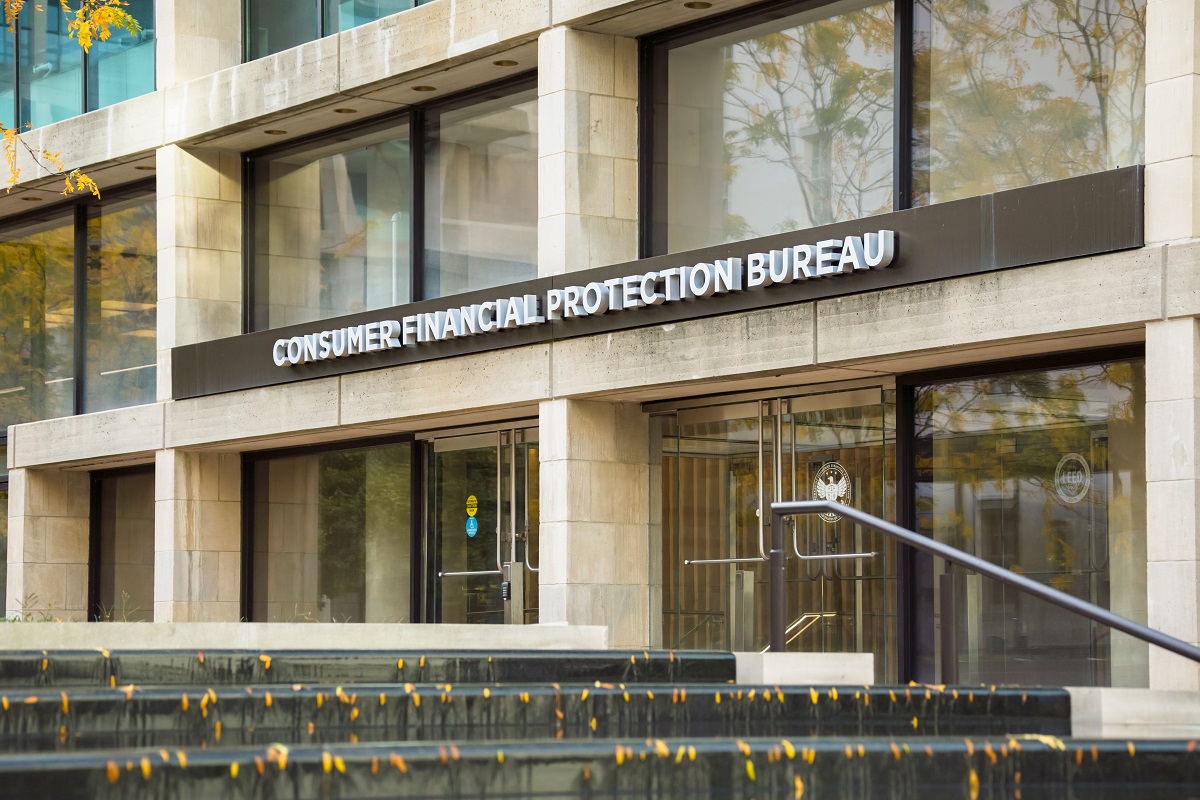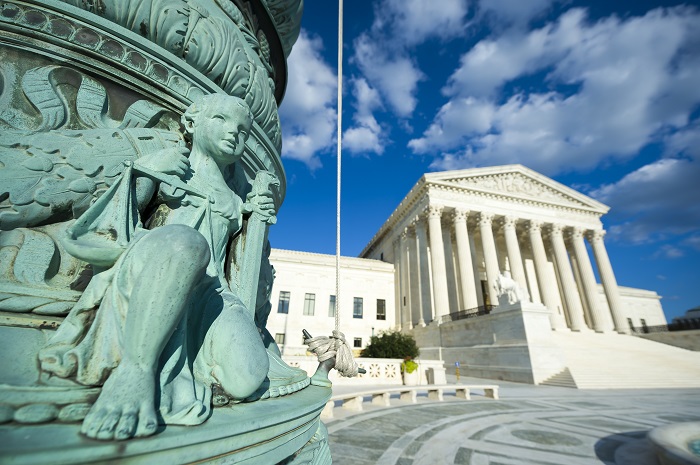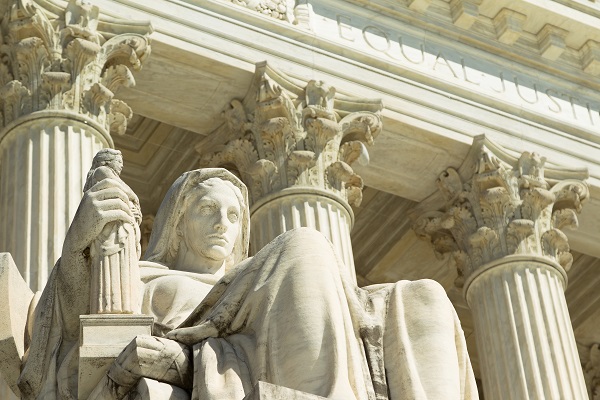The U.S. Supreme Court has agreed to consider a decision by the U.S. Court of Appeals for the Fifth Circuit that found the Consumer Financial Protection Bureau’s funding structure was unconstitutional. And so, for the second time in less than four years, the CFPB’s fate is set to be decided by the nation’s highest court.
Posts tagged as “Supreme Court”
When 2020 ended, many of us were unsure what 2021 would look like from a bankruptcy perspective. Would consumer filings increase? Could we see bankruptcy reform and particularly in the area of discharge of student loans?
In a per curiam opinion, the Supreme Court of the United States recently held that the Director of the Centers for Disease Control and Prevention (CDC) exceeded its authority when it "imposed a nationwide moratorium on evictions of any tenants who live in a county that is experiencing substantial or high levels of COVID–19 transmission and who make certain declarations of financial need."
On June 25, 2021, the Supreme Court of the United States held that a plaintiff must suffer a concrete injury resulting from a defendant’s statutory violation to have Article III standing to pursue damages from that defendant in federal court. The Court also held that plaintiffs in a class action must prove that every class member has standing for each claim asserted and for each form of relief sought.
The U.S. Supreme Court recently decided that a fix was needed to the federal Telephone Consumer Protection Act. But its decision in Barr v. American Assn. of Political Consultants, Inc. provides no TCPA relief for legitimate businesses that use technology to communicate with their customers.
The Supreme Court of the United States recently held that to prevail in a claim for racial discrimination under 42 U.S.C. § 1981, “a plaintiff must plead and ultimately prove that, but for race, it would not have suffered the loss of a legally protected right.”
There is no discovery rule for federal Fair Debt Collection Practices Act claims, the U.S. Supreme Court held today. Affirming the U.S. Court of Appeals for the Third Circuit's decision in Rotkiske v. Klemm, today’s opinion also overrules an earlier ruling from the U.S. Court of Appeals for the Ninth Circuit, Mangum v. Action Collection Serv., Inc. There, the Ninth Circuit permitted FDCPA claims to run from when the plaintiff knows or has reason to know of the violation.
In determining the legal standard for holding a creditor in civil contempt for attempting to collect a debt in violation of a bankruptcy discharge order, the Supreme Court of the United States adopted an “objectively reasonable” standard, and held that a court may hold a creditor in civil contempt if there is “no fair ground of doubt” as to whether the order barred the creditor’s conduct. Accordingly, the Supreme Court reversed the Ninth Circuit’s ruling, which had applied a subjective standard for civil contempt. A copy of the opinion in Taggart v. Lorenzen is available at: Link to Opinion. The…
In a 5-4 decision, the Supreme Court of the United States recently held that under the Federal Arbitration Act (FAA), an ambiguous agreement cannot provide the necessary contractual basis for concluding that the parties agreed to submit to class arbitration. Accordingly, the contrary ruling of the Ninth Circuit was reversed and the matter was remanded to the trial court for further proceedings. A copy of the opinion in Lamps Plus, Inc. v. Varela is available at: Link to Opinion. The defendant company sells light fixtures and related products. In 2016, a hacker impersonating a company official tricked a company employee into…
The U.S. Court of Appeals for the Ninth Circuit held that the Supreme Court of the United States’ decision in Americold Realty Trust v. ConAgra Foods, Inc. did not upset the Supreme Court’s prior holding in Navarro Ass’n v. Lee, and that “when a trustee files a lawsuit or is sued in her own name her citizenship is all that matters for diversity purposes.” Accordingly, the Ninth Circuit held that the trial court properly exercised its jurisdiction over the matter where the bank — acting as trustee — was sued in its own name, and along with the other named…
The Supreme Court of the United States recently vacated the U.S. Court of Appeals for the Ninth Circuit’s approval of a class action settlement against a prominent technology company claiming violations of the Stored Communications Act. In so doing, the Supreme Court concluded that significant questions regarding the class plaintiffs’ Article III standing had not yet been adequately considered by the lower courts following its ruling in Spokeo v. Robins, 578 U.S. ___ , and remanded for consideration of whether any of the named plaintiffs has alleged SCA violations that are sufficiently concrete and particularized to support standing in federal…
The U.S. Supreme Court handed down its much-anticipated opinion in Obduskey v. McCarthy & Holthus LLP on March 20, ruling the federal Fair Debt Collection Practices Act does not cover persons engaged in “non-judicial foreclosures” except with respect to a single provision contained in the FDCPA. Colorado, like many western states, has a procedure that allows a lender to foreclose property without the need to file a lawsuit. Here, as you may recall, a Colorado borrower defaulted on his home loan and the mortgage servicer hired a law firm to pursue a non-judicial foreclosure. The borrower informed the law firm he was disputing…











